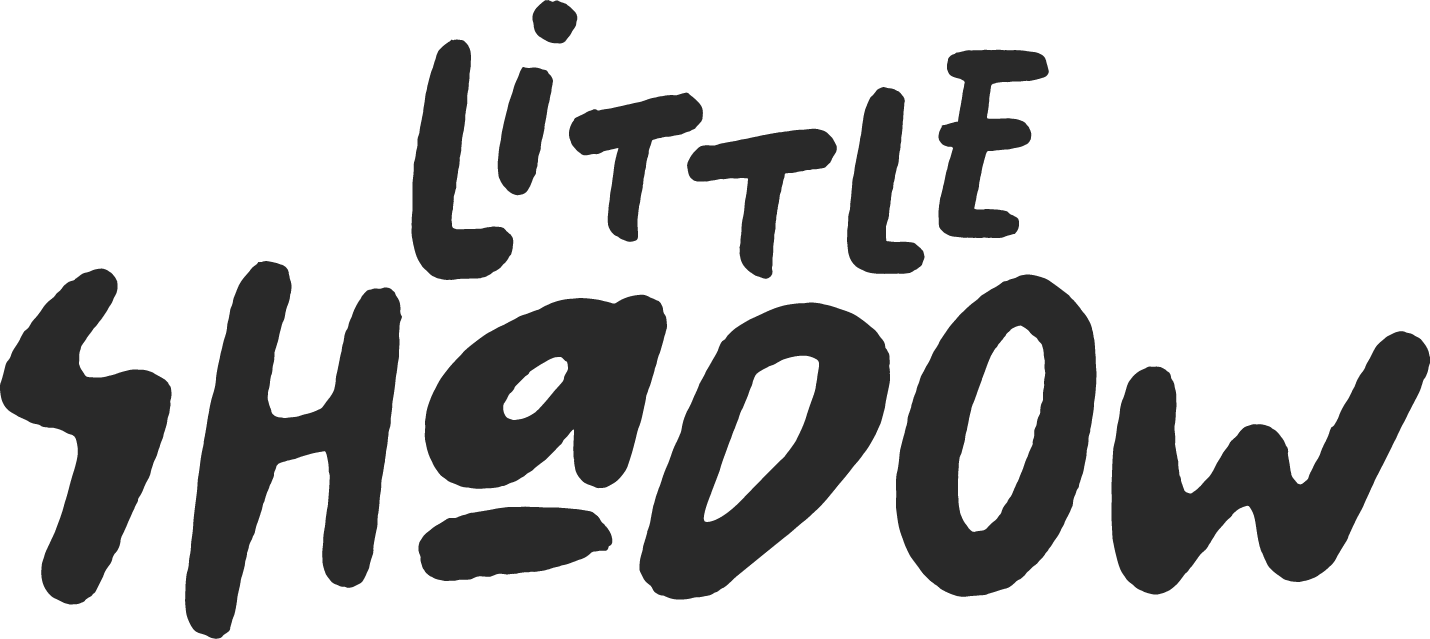The Difference between Counselling and Psychology
Counselling and psychology are two distinct professions that share some commonalities, but there are also some key differences. Counsellors and Psychologists both provide mental health services though talk therapy, but they differ in their approach, qualifications, and the type of treatment they offer.
The New Zealand Association of Counsellors explains that “Psychotherapy helps you to understand yourself by exploring how your early life experiences and personality affect your current thoughts, feelings, relationships and behaviour. Counselling can also include these aspects, but it will focus on your difficulties and concerns and help you develop more satisfying and resourceful ways of living”.
Counselling is a useful tool for healing and gaining clarity over your life. A session with a Counsellor involves talking through your problems in an open and non-judgemental environment. Counsellors explore different strategies for dealing with difficult situations that can help you to find clarity and meaning in your experiences.
According to Karen Nimmo’s ‘Seeing Someone: A Brief Guide to Psychology, Therapy and Coaching’ “Psychologists use a variety of different models, approaches, styles and tools/strategies, depending on their training, preferences and personalities so there is no one-style-fits all”. If you're in need of inspiration and assistance, be sure to check out Karen Nimo's blog and website on the couch or follow Karen Nimmo Psychology on Facebook. With her insightful and engaging content and her 4 minute therapy sessions on Facebook, Karen offers a wealth of resources to help you navigate various aspects of life. She is a treasure trove of practical advice and thought-provoking ideas.
Modern Psychology is focused on helping clients to achieve change, understanding so they can thrive and cope in the modern world and is likely to involve assessment and testing to inform a diagnosis and to determine the most appropriate strategies and treatments to be used during therapy. (For example Cognitive Behavioural therapy, Eye Movement Desensitization and Reprocessing therapy etc)
We have some fabulous practitioner partners at Little Shadow and you can connect with the counsellors here or psychologists here.

